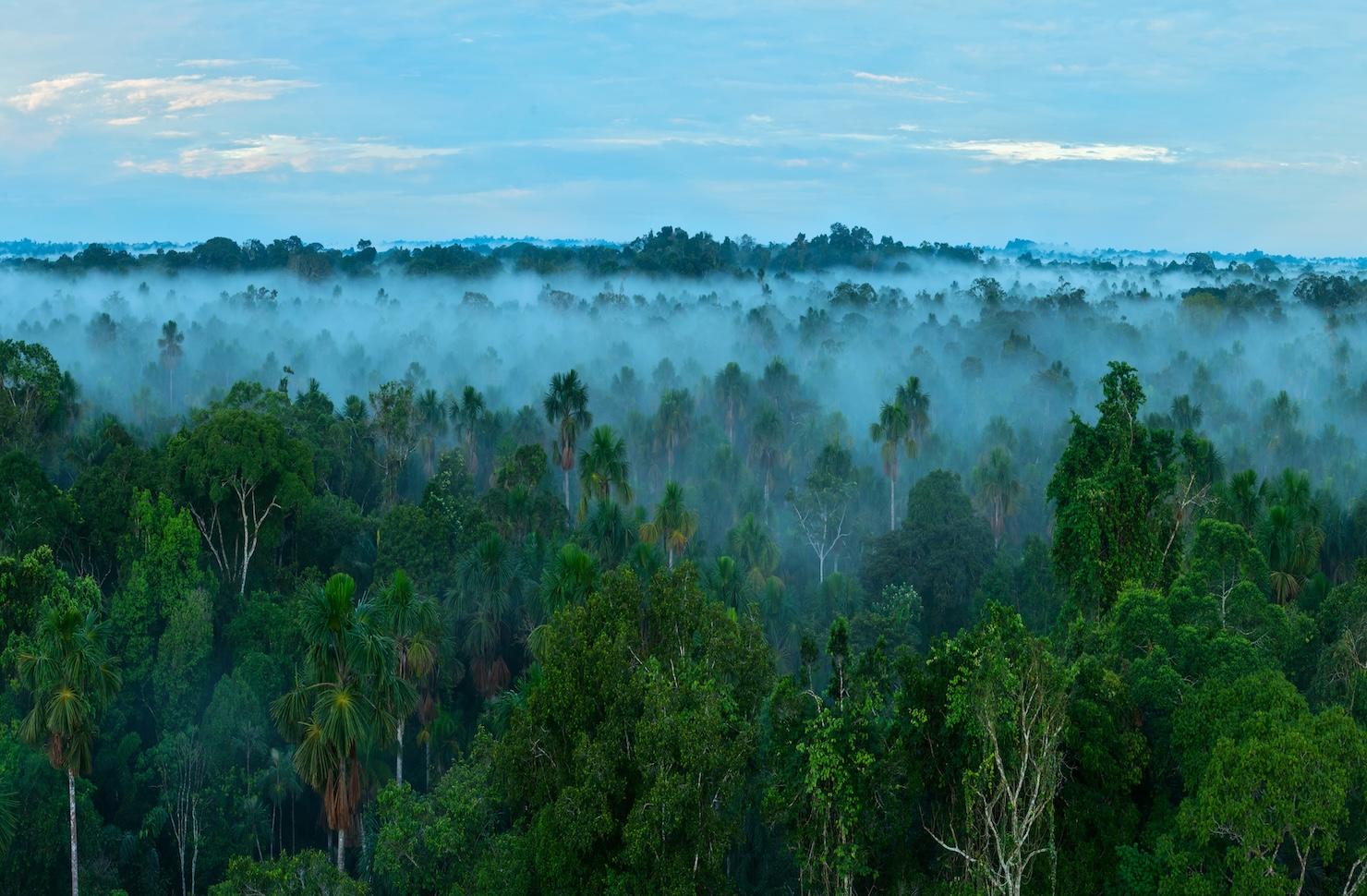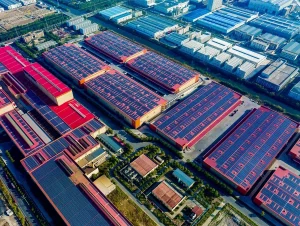
Food and agriculture companies have gotten eerily quiet regarding their efforts to eliminate deforestation and other land conversion. While this topic has dominated much of the sustainability conversation in the 2010s, it has slipped into the background over the past few years.
For example, since the first quarter of 2022, I haven’t had enough fodder to include a deforestation section in my quarterly roundups of large companies’ sustainability efforts. And it’s become increasingly rare for businesses to submit deforestation-focused sessions for GreenBiz events.
That’s not really surprising. Limiting land conversion is a notoriously difficult challenge that requires alignment between companies, governments, farmers and other stakeholders, as well as investments in sophisticated technology to trace supply chains and monitor landscapes. Such investments are often hard to justify internally. And when one company stops purchasing from a risky area, its competitors can take advantage and sweep these often cheaper products off the market.
But agriculture-driven land use change is a primary driver of greenhouse gas emissions and biodiversity loss. Failing to stop it will bring about a grim future for all of us. That’s why 2024 should be the year for food companies to dust off their commitments and get serious about the work.
Game-changing legislation in Europe
A few encouraging signs already point in the right direction.
The European Union’s Regulation on Deforestation-free Products (EUDR) is one of the most significant pieces of legislation for forest protection and will come into full effect by the end of the year. If companies want to continue selling products in the EU with high deforestation risks, such as beef, chocolate and coffee, they will need to adopt unprecedented levels of risk management and disclosures to avoid hefty fines.
Agriculture-driven land use change is a primary driver of greenhouse gas emissions and biodiversity loss. Failing to stop it will bring about a grim future for all of us.
On the private-sector side, major soy traders announced strengthened deforestation commitments in December. Most notably, Cargill has revised its zero-deforestation target date for soy, corn, wheat and cotton from 2030 to 2025 for its most important sourcing areas in South America.
While these are significant improvements, they still fall short of scientific recommendations. And deforestation commitments have too often dissipated into hot air in the past.
Four criteria underpin a credible policy
So, what should companies put into place to set the right intention and put it into action? In November, the sustainability advocacy nonprofit Ceres published a corporate deforestation scorecard that assessed the policies of 53 major companies from 15 sectors.
The scorecard used four main criteria for credible zero-deforestation policies, in line with recommendations of the Accountability Framework Initiative:
Cover all relevant commodities (such as soy, beef, palm oil, wood, cocoa, coffee, rubber or derived products) that the company sources.
Apply to all segments of the supply chain across all sourcing geographies.
Include a time-bound, quantifiable commitment to achieve deforestation-free supply chains by 2025.
Specify cutoff targets of 2020 or earlier for ending deforestation events in a sourcing area.
Of the 53 companies Ceres analyzed, only Amaggi and Kering have policies that comply with all four criteria. All others are lagging in one area or another, highlighting the challenges of addressing this issue comprehensively. And yet, change is possible, as the case of palm oil demonstrates.
Learning from palm oil’s success
The story of palm oil in Southeast Asia is a valuable example of how an industry can reduce its land footprint.
A decade ago, palm oil producers cut down hundreds of thousands of forest hectares in Indonesia and surrounding countries. Aggressive campaigns, corporate action, multi-stakeholder collaboration and smart technology use have reduced forest loss by 90 percent over the past 10 years. Key to this outcome was an effective series of incentives that traveled down the supply chain.
Advocacy organizations such as Mighty Earth and Greenpeace detected and alerted companies to deforestation threats in their supply chains. Company executives have reacted to this public pressure by requiring action from their suppliers, who then changed their operations to secure contracts. Over time, this system led to sufficient commercial, financial and reputational pressures to change the industry’s default practices.
This success story offers valuable lessons for other commodities. Above all, it shows that companies can play an outsized role in effecting change when the right incentives are present, even in regions with weak governance. Protecting forests is a question of corporate will, not ability.
Partner With Us
The Institute for Sustainability Africa (INŚAF) is an independent multi-disciplinary think tank and research institute founded in Zimbabwe in 2010 with the Vision to advance sustainability initiatives for Africa.




